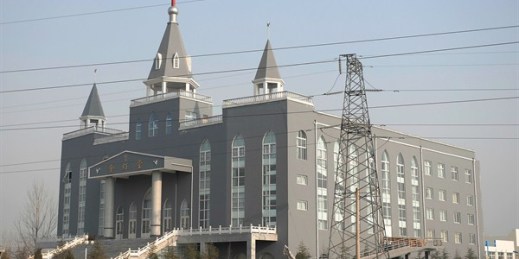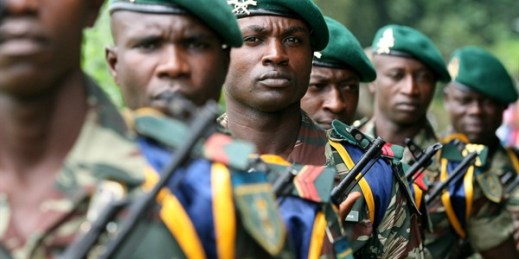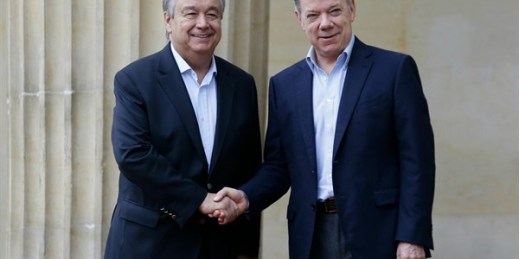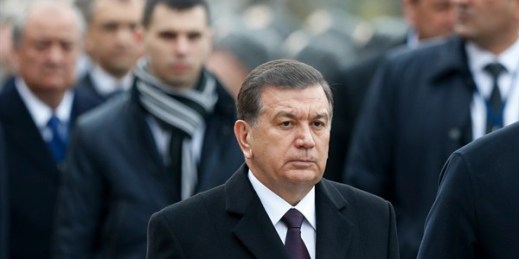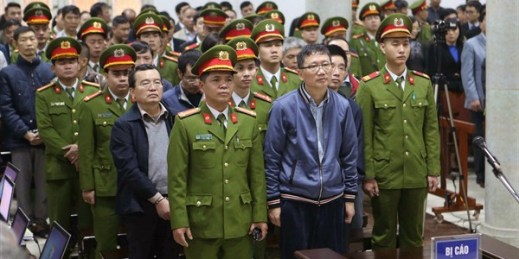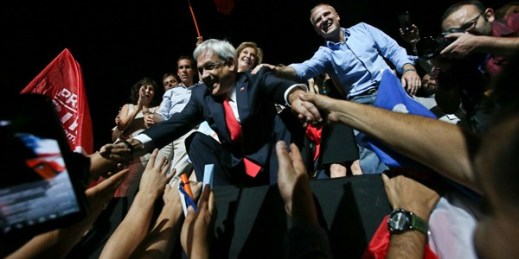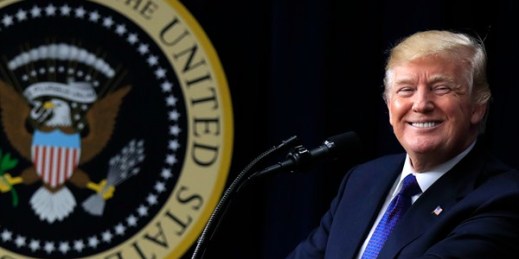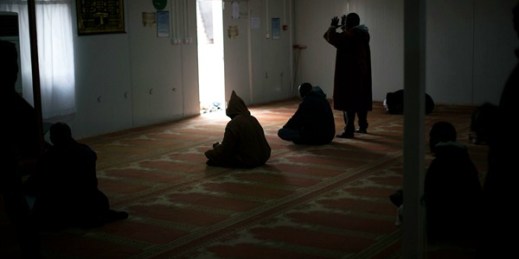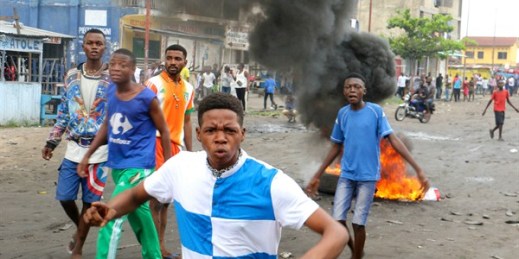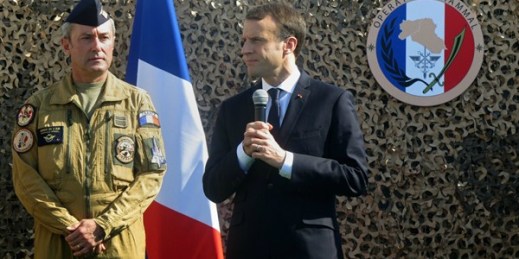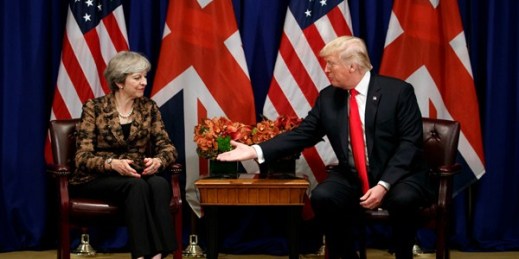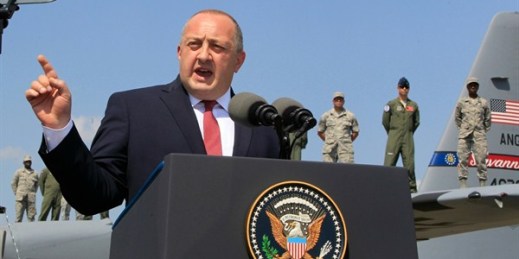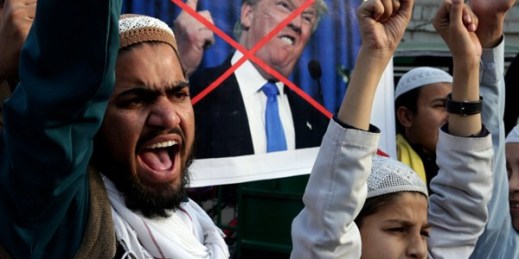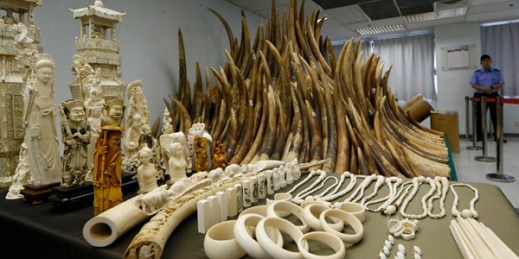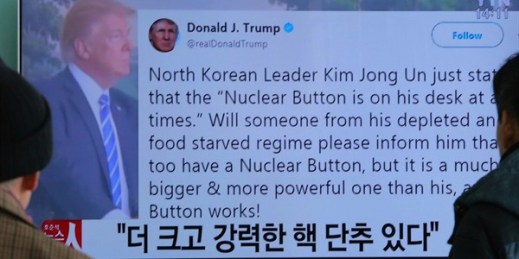
In the coming weeks, President Donald Trump is expected to unveil the latest Nuclear Posture Review, outlining his administration’s thinking about U.S. nuclear policy and detailing plans for the future of the American arsenal. According to a draft leaked to The Huffington Post last week, the review, which reportedly has been sent to Trump for his approval, will mark a considerable shift in policy, overturning much of the thinking that has underpinned American nuclear strategy since the end of the Cold War. The Trump administration may well be ushering in a more dangerous, more expensive and more worrying nuclear era. […]

